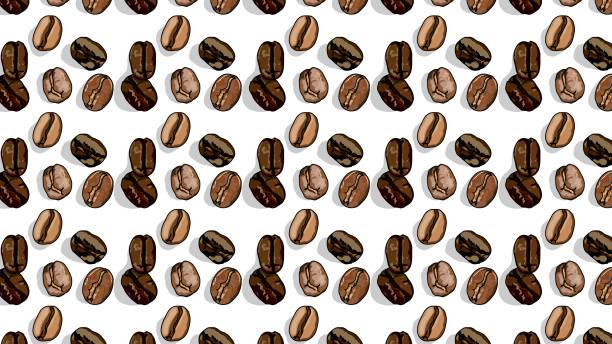This content is for informational and educational purposes only. Always consult a qualified healthcare provider.
Last Updated on September 10, 2024 by Pen Pixel
If you don’t drink a cup of coffee right when you wake up, your brain feels like it’s being attacked. You become shaky and confused. Plus, you can’t focus, which is important for work. And without work, you can’t make money. You also experience a caffeine crash in the afternoon.
Basically.. You get it.
📋 Table of Contents
The Key Takeaway.
What if you could find a morning drink that keeps you focused and energized all day? When coffee is too strong and tea isn’t enough, there are plenty of creative options. From matcha lattes to roasted barley blends, I’ve tried an unholy amount of liquid to bring you the best coffee substitutes. Here are my top picks:
Lemon Water.
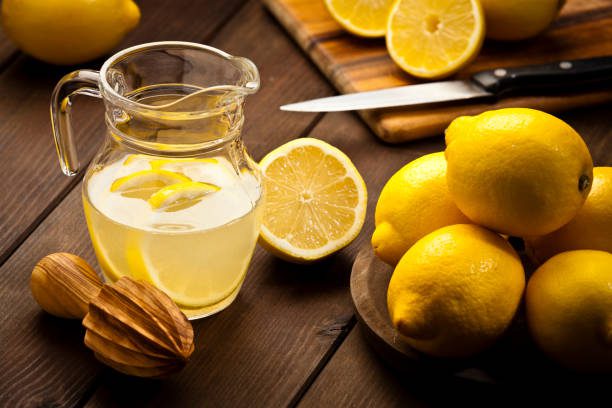

Starting your day doesn’t always mean take processed stuff. With lemon water you start your day on a healthy note.
Just squeeze half a lemon into a cup of cold water and drink. It’s free of calories and caffeine, it gives you a good dose of vitamin C, which helps your immune system and skin.
You can even add other fruits and herbs like watermelon, cucumbers, basil, or mint for extra taste.
Chicory Coffee.
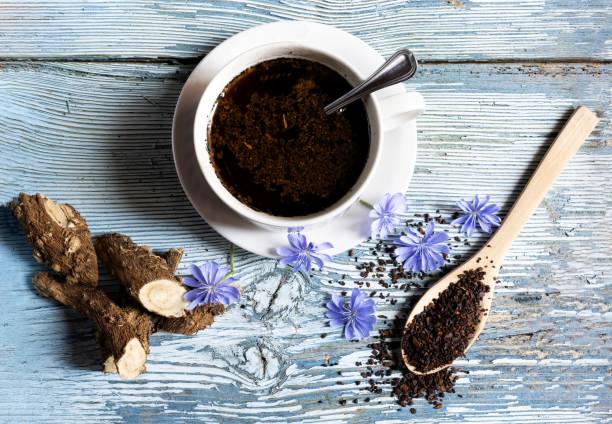

Chicory root can be roasted, ground, and brewed just like coffee. It tastes like it but has no caffeine.
It’s rich in inulin and supports a healthy gut by keeping good bacteria. It also helps your liver produce bile, aiding in fat digestion.
You can also find it pre-ground and roasted, making it easier to prepare. Brew it like regular coffee using a filter coffee maker, French press, or espresso machine. Adjust it to your taste and avoid it if you’re pregnant or breastfeeding.
MUD\WTR Masala Chai.
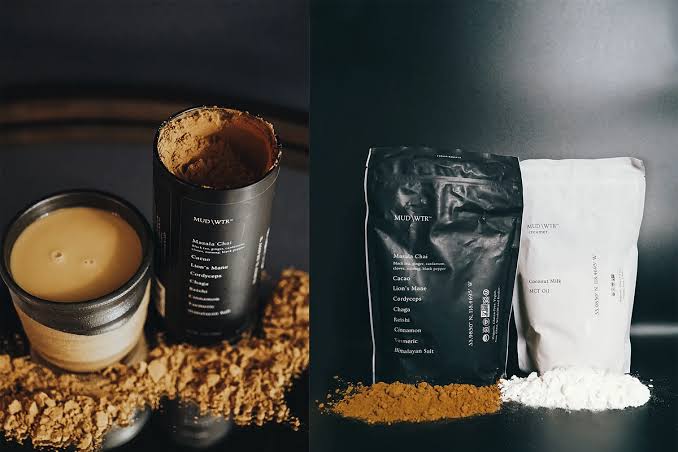

MUDWTR is another coffee alternative made with mushrooms like cordyceps and chaga, cacao, cinnamon, turmeric, and a pinch of salt. It has about one-seventh the caffeine of coffee. So it provides energy and focus without affecting your sleep.
Haibo!
It has over 25,000 positive reviews, so it’s worth trying. Especially if you want an organic, vegan, and non-GMO drink.
It also has a unique, earthy taste that can be sweetened with a caramel-flavored sweetener. You can add some coconut milk for a silky-smooth treat.
Rooibos Tea.
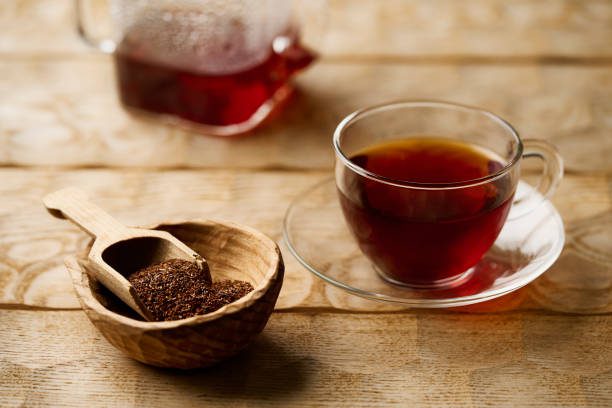

Rooibos, also known as red tea, is also a caffeine-free drink but from South Africa.
Unlike coffee and other teas, rooibos has fewer tannins—it doesn’t interfere with your iron absorption. And despite it’s low tannins, it still has plenty of other antioxidants.
Rooibos has a sweet, fruity flavor and doesn’t get bitter if steeped for a long time. You can also add lemon and honey if you like.
Matcha Tea.
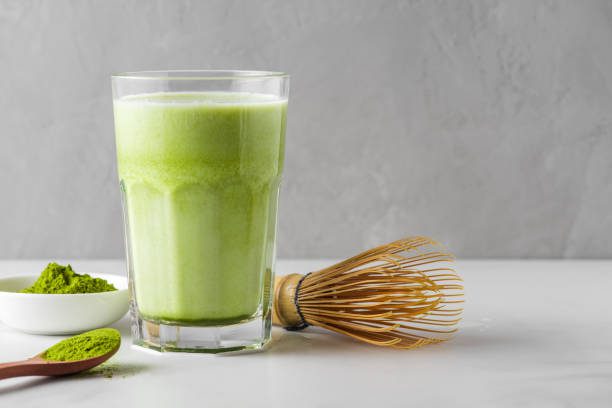

Matcha is made from powdered green tea leaves and contains caffeine, but about 50 – 70 milligrams less than the caffeine in coffee. It has the amino acid theanine, which can reduce anxiety and stress, making it less likely to cause jitters.
Some matcha tea can have more caffeine than regular green tea and sometimes even coffee, with 35-250 mg per cup. So, be careful.
Apple Cider Vinegar (ACV).
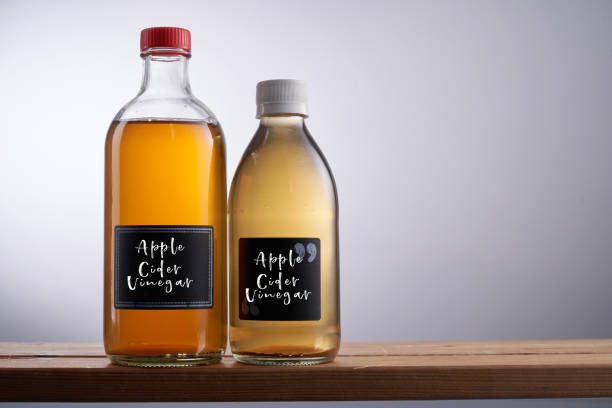

Apple cider vinegar (ACV) is made by fermenting crushed apples with yeast and bacteria. Drinking ACV is a healthy addition to your routine. Just drink it safely!
Mix 1–2 tablespoons of ACV with a cup of cold water. You can add honey or another sweetener if you like.
ALWAYS dilute ACV before drinking so you don’t burn your mouth and throat. It can also damage tooth enamel, so rinse your mouth with water before and after drinking.
Moringa Tea.
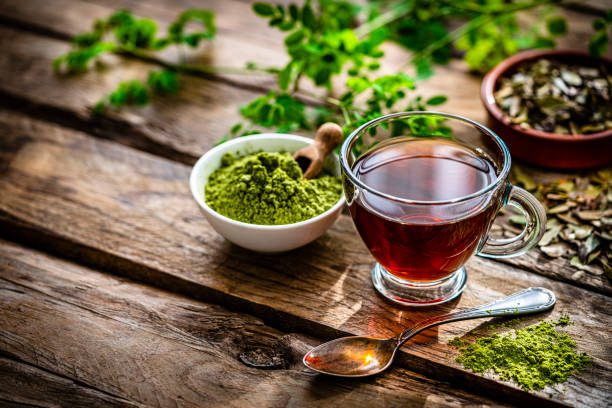

Moringa is a green powder made from the leaves of the moringa tree, which grows in India. It looks and feels like matcha.
It’s full of vitamin C it doesn’t have caffeine, so it’s a good coffee alternative.
It has a warm, subtle taste with a slight sweetness and sourness. It doesn’t taste like coffee, but it’s a good substitute.
Caffeine Gum or Pills.


You can just get your energy boost from food or a small tablet that fits in your pocket.
Chewing a 50 mg piece of caffeine gum in the morning can help you feel alert, just like a cup of coffee. Gum is definitely easier to chew than drinking a full cup of coffee. Just be mindful of the caffeine content in each piece, as it is different for different brands.
Which one would you be trying?

